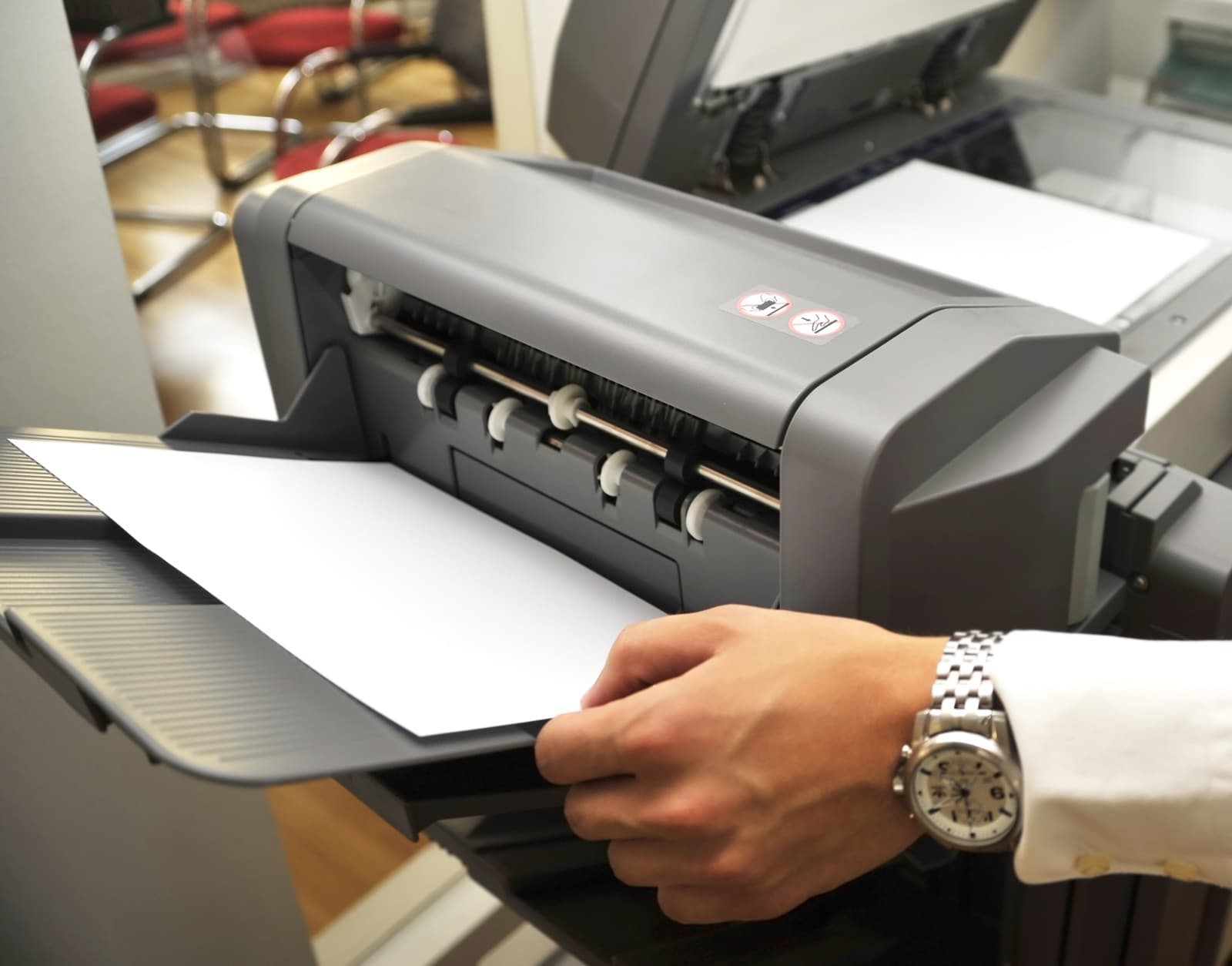Yes! We Still Need Printers in the Workplace
The printer was a common sight in every workplace, and Nathan Chandler reminisces about its glory days. Before cloud-based storage solutions were an option, prints were a much-required backup method. “Indeed, hard copies of documents were once a go-to solution for anything you wanted to be kept safely,” agrees Priority Networks. But has this all changed? Are printers redundant now? Let’s find out! (Source: How Stuff Works, By Nathan Chandler, https://computer.howstuffworks.com/is-printing-still-relevant.htm ).
What has changed?
It is a fact that demand for office printers has lowered, and Nathan makes key observations regarding this change. In the year 2005, an average office employee would print approximately 1000 pages in a month, but as of 2012, it has reduced to 500 pages only. On the other hand, Nathan points out the increase in retail printing used to create customized products like magnets, calendars, coasters, and framed posters.
Priority Networks makes a good comment about this. “With the rise in reliable cloud storage solutions, the need for keeping hard copies of official documents has lowered. People can access their files wherever they are and need not carry heavy document binders with them,” they say. They also second the rise in retail printing.
So, how are workplace printers still relevant?
Having said that, Nathan does agree printers are still relevant in an office setup. Many people who are set in their ways like to read printed-out sheets. Some love to work on physical sheets they can scribble on, and workplaces that store confidential information prefer to have printed documents. “Working in IT support, one of our biggest nightmares is non-backed-up files. A machine can malfunction, and we can save data most of the time. But on occasions when it cannot be retrieved, printed data is the only way to update the records,” Priority Networks reiterates.
What should you do?
As Nathan Chandler suggests, having an MFP or Multi-function printer is the best choice. This printer doubles up as a scanner and a copy machine. Priority Networks expresses their agreement. “MFPs with the latest features offer a lot of options that businesses will prefer.” They recommend Epson’s WorkForce Pro WF-C579R as it fits seamlessly into any workplace. “This printer is fast and does not need any warm-up time. It works great for medical centres like a dentist’s office, where documents need to be printed without delay”, shares Priority Networks.
According to Chandler, having an MFP is the best of both worlds. You can keep analogue and digital copies of every file you need! “The Epson WorkForce Pro WF-C579R offers features such as colour printing, affordability, and speedy printing, which could be the reason behind its popularity among businesses,” states Priority Networks.
Nathan notes that printers will still hold a place in future business operations. This is because current technology cannot provide the same experience as paper. According to Nathan, hard-copy documents can be used without electricity, which is an advantage over digital copies. On the contrary, power and an internet connection are required for viewing documents stored on cloud platforms. Priority Networks concludes, “Printer manufacturers are moving on with technology and coming up with many advancements that will reinforce the need for having a printer in every workplace.”




